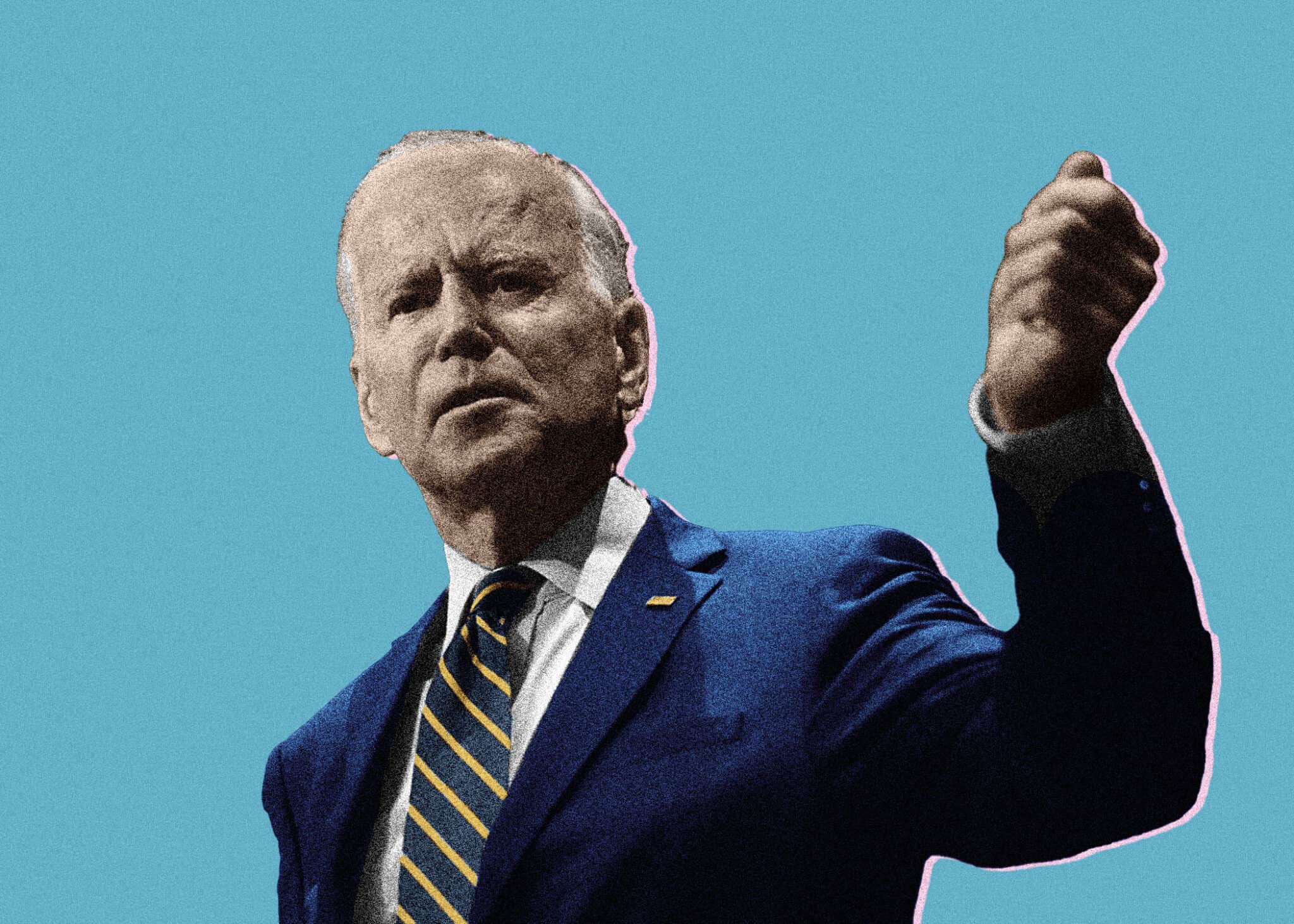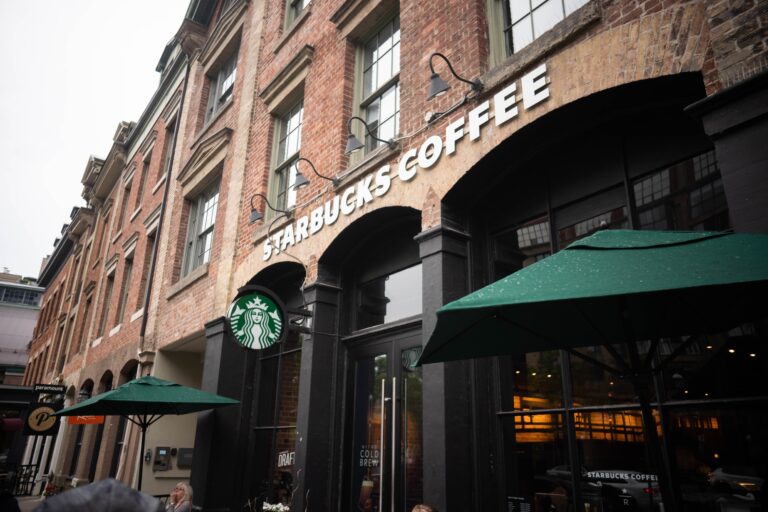
Jon Hiatt is Co-Founder and Of Counsel to the ILAW Network, and was formerly General Counsel and Chief of Staff at the AFL-CIO.
In June, the International Labor Organization (ILO) amended the Declaration of Fundamental Principles and Rights at Work to include safety and health, elevating it to one of a small number of worker rights deemed so significant that they are binding on all member countries of the ILO. The United States strongly advocated for this change, and upon final passage the Biden Administration issued a congratulatory statement noting: “no worker should ever risk their safety and health for a paycheck.”
Shortly thereafter, President Biden had a highly publicized opportunity to put these words to the test when he chose to engage directly in the labor dispute pitting the country’s four largest commercial railroad companies against their 115,000 workers. Declining to challenge these employers even on an issue whose importance he had so recently championed on the global stage, the President regrettably came up short.
The right of the rail workers to take sick leave without loss of a paycheck or fear of termination was a central issue in this three-year long dispute, as was the companies’ Wall Street-driven business model, which included enormous job cuts, elimination of reserve pools of workers, and the infamous “precision scheduled railroading” work rules that effectively required workers to be at work or on call regardless of health status.
After a tentative mediated settlement was rejected by several of the railroad unions’ memberships, a nationwide strike became imminent. Accepting the companies’ insistence that they would only countenance a resolution that retained their existing business model, President Biden called on Congress to avert the strike by legislating a contract on terms that omitted any paid sick leave.
In seeking to justify his call for governmental intervention in the face of economic disruption, Biden described himself as a “proud pro-union president” reluctant to override the views of the workers.
Yet avoiding an opportunity to side with workers in the face of the inhumane treatment they receive from their employers was hardly an ideal occasion for the President to cite his pro-union bona fides. Indeed, the reluctance to confront employers directly when worker rights are at issue has too often been missing from the Biden playbook.
No one can reasonably dispute that the Biden Administration has in many ways been the most pro-union Administration in our history. President Biden has used the bully pulpit to speak to the value of worker representation, has appointed highly qualified union-friendly officials throughout his Administration, and has sponsored important labor-supportive policies.
However, where he has fallen short is in his reluctance to directly take on the corporate employers who are responsible for the cruelty and hostility that workers suffer on the job, particularly when seeking to assert their lawful right to union representation and collective bargaining.
Consider, for example, the waves of self-organizing workers who have been attempting to unionize in numbers not seen in decades. Looking to give them a boost, President Biden invited a delegation of Amazon and Starbucks workers to the White House last May. On other occasions he has given shout-outs to workers who risk their jobs organizing or striking for a fair contract.
What has been noticeably missing, however, is the Administration’s willingness to hold the employers accountable. Starbucks CEO Howard Schultz was long active in Democratic politics and even expected by many to be Hillary Clinton’s Labor Secretary. Consider the potential impact if President Biden were to summon Schultz to the White House and insist that his unlawful union-busting must cease immediately.
Or consider the Warrior Met Coal Company in Alabama, where nine hundred miners have spent 20 months on strike, simply seeking to restore pay cuts they had accepted in 2016 to keep the mine from closing at that time. Now, the Company is making record profits. With all the publicity this particular strike has generated, surely this would be a righteous opportunity for the President not merely to express support for the Warrior Met miners, but to publicly shame a corporate owner that symbolizes the root causes of the ever-widening wealth and income gaps in this country.
Similarly, if President Biden had chosen to frame the railroad dispute around the companies’ denial of safety and health on the job, he might well have helped the workers gain the paid sick leave these companies are withholding. A preemptive call for congressional imposition of the rejected tentative agreement was not Biden’s only alternative. Without signaling intentions to the contrary, he could have let both parties believe that they had to reach a modified agreement that addressed the sick leave issue; he could have informed the public that if a crippling strike were imminent, it was because of the refusal of these rapacious corporations, who made some 20 billion dollars in after-tax profits last year, to grant a few days of paid sick leave.
As Paul Waldman queried in a Washington Post article, what if Biden had publicly called out the rail CEOs by name: “Lance Fritz, from Union Pacific. You got $14.5 million in compensation last year. Your company made $9.3 billion in profits. You spent $7.3 billion on stock buybacks to juice your share price. And you won’t give the men and women who made that money for you four lousy sick days?”
And if all else failed, and Biden still concluded that congressional intervention was necessary, he could have insisted on a legislated contract that included paid sick leave, a protection that workers in 145 other countries are guaranteed by law.
Admittedly, the labor movement itself did little to push President Biden in this direction. Some of the rail unions were undoubtedly chagrined that their members had voted down the tentative agreement. But that happens, and just as union leadership is generally able to anticipate what its members will require to approve a negotiated agreement, quality leadership also recognizes that occasionally it must return to the bargaining table or picket lines and try again. Those unions, and national labor movement leadership as a whole, should not have merely issued statements and tweets criticizing the companies, but also insisted that Biden not accept, much less impose, a contract that did not satisfactorily resolve the sick leave issue.
Nonetheless, it is not too late for Biden to use the full powers of his presidency to confront employers who force workers to choose between protecting their health or retaining their jobs — and to challenge them in other matters as well.
As a first step, President Biden should go back to the Obama Executive Order that requires various categories of federal contractors to provide their employees with paid sick leave, and extend that Order to other categories including the railroads — all of whom operate under enormous government contracts.
More broadly, he should start engaging the Howard Schultz’s and other notorious union-busting corporate employers (and their enabling law firms) directly. Surely there will be times where quiet diplomacy is called for. But the larger influence that the president has when holding bad actors accountable cannot be minimized. It is hard to imagine anything that would more genuinely and lastingly cement President Biden’s pro-union legacy than strategically confronting those who obstruct workers from exercising their basic freedom to organize and bargain collectively that the President so passionately espouses.










Daily News & Commentary
Start your day with our roundup of the latest labor developments. See all
February 24
In today’s news and commentary, the NLRB uses the Obama-era Browning-Ferris standard, a fired National Park ranger sues the Department of Interior and the National Park Service, the NLRB closes out Amazon’s labor dispute on Staten Island, and OIRA signals changes to the Biden-era independent contractor rule. The NLRB ruled that Browning-Ferris Industries jointly employed […]
February 23
In today’s news and commentary, the Trump administration proposes a rule limiting employment authorization for asylum seekers and Matt Bruenig introduces a new LLM tool analyzing employer rules under Stericycle. Law360 reports that the Trump administration proposed a rule on Friday that would change the employment authorization process for asylum seekers. Under the proposed rule, […]
February 22
A petition for certiorari in Bivens v. Zep, New York nurses end their historic six-week-strike, and Professor Block argues for just cause protections in New York City.
February 20
An analysis of the Board's decisions since regaining a quorum; 5th Circuit dissent criticizes Wright Line, Thryv.
February 19
Union membership increases slightly; Washington farmworker bill fails to make it out of committee; and unions in Argentina are on strike protesting President Milei’s labor reform bill.
February 18
A ruling against forced labor in CO prisons; business coalition lacks standing to challenge captive audience ban; labor unions to participate in rent strike in MN